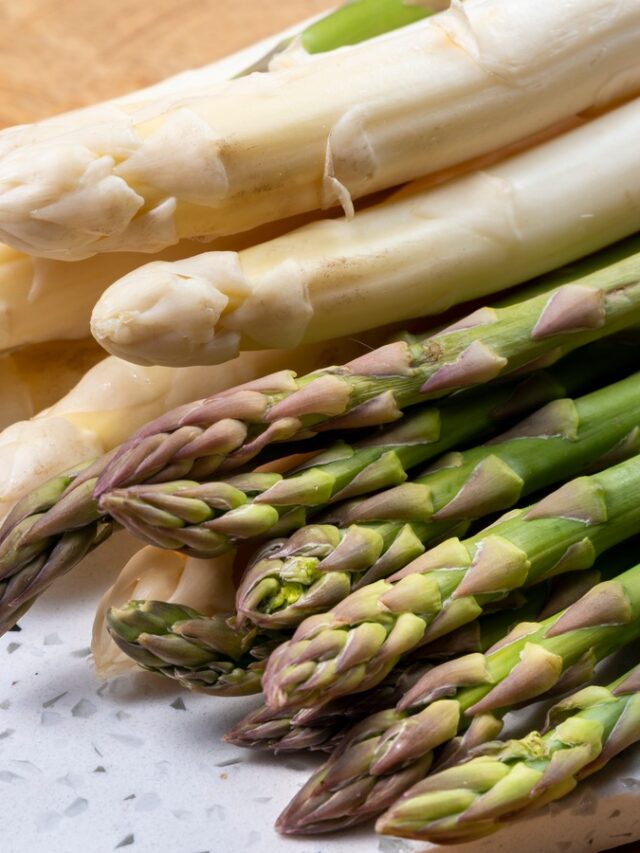Pia Maryam Nawaz, often simply referred to as Maryam Nawaz, has emerged as a prominent figure in Pakistani politics, representing a blend of legacy and modern political engagement. As the daughter of former Prime Minister Nawaz Sharif, Maryam carries the weight of her family’s political history while also carving out her own identity in a challenging political landscape. This article explores her journey, political aspirations, and the impact she has made on the political scene in Pakistan.

Early Life and Education
Born on March 28, 1973, in Lahore, Maryam Nawaz is the daughter of Nawaz Sharif, a three-time Prime Minister of Pakistan, and Kulsoom Nawaz. Growing up in a politically active family, Maryam was exposed to the intricacies of governance and public service from a young age.
She completed her early education in Lahore and later pursued higher studies at the University of Punjab, where she earned a degree in English Literature. Her educational background has contributed to her articulate communication style, which has become one of her defining characteristics in political discourse.
Entry into Politics
Maryam’s political career formally began in 2012 when she was appointed as the chairperson of the Prime Minister’s Youth Programme. This role provided her with an opportunity to engage with the youth of Pakistan, emphasizing empowerment and skill development. Her efforts during this period showcased her commitment to social issues and garnered attention from various segments of society.
However, it was during the 2013 general elections that Maryam truly made her mark. She played a significant role in the Pakistan Muslim League-Nawaz (PML-N) campaign, actively participating in rallies and public engagements. Her efforts contributed to her party’s success in the elections, with Nawaz Sharif returning to power.
Challenges and Political Struggles
Maryam’s political journey has not been without its challenges. In 2017, her family faced significant turmoil when Nawaz Sharif was disqualified from holding public office by the Supreme Court of Pakistan due to corruption charges. This pivotal moment thrust Maryam into the spotlight, as she emerged as a vocal defender of her father’s legacy and the PML-N party.
In the face of adversity, Maryam’s resilience shone through. She became known for her passionate speeches and her ability to rally supporters. Her communication skills, honed through years of public engagement, allowed her to connect with the electorate and present her party’s narrative effectively.
The 2018 General Elections
The 2018 general elections marked a critical point in Maryam’s political career. Despite the challenges her party faced, including a robust campaign from the Pakistan Tehreek-e-Insaf (PTI) led by Imran Khan, Maryam remained steadfast in her commitment to the PML-N. She campaigned vigorously, focusing on issues such as economic development, social justice, and the rights of women.
Although the PML-N did not win the elections, Maryam’s performance was noteworthy. She successfully mobilized party workers and garnered significant support, particularly in Punjab, the party’s stronghold. Her ability to inspire loyalty among party members demonstrated her potential as a future leader.
A Voice for Women’s Rights
One of the key aspects of Maryam’s political identity is her advocacy for women’s rights. Throughout her career, she has emphasized the importance of empowering women in Pakistan, addressing issues such as education, health, and economic opportunities. By highlighting the struggles faced by women, she aims to create a more equitable society.
Maryam’s commitment to women’s issues has resonated with many, and she has become a role model for young women aspiring to enter politics. Her efforts to champion gender equality reflect a broader trend in Pakistani politics, where women are increasingly taking on leadership roles.
Legal Challenges and Resilience
In 2019, Maryam Nawaz faced legal challenges of her own when she was arrested by the National Accountability Bureau (NAB) in connection with corruption charges. Her arrest sparked protests from her supporters, and she became a symbol of resistance against what many perceived as political victimization.
Despite the legal battles, Maryam remained focused on her political aspirations. After securing bail, she continued to engage with the public, emphasizing her commitment to her father’s vision for Pakistan. Her ability to navigate these challenges has reinforced her status as a resilient political figure.
The Future of Maryam Nawaz
As of now, Pia Maryam Nawaz continues to play a significant role in Pakistani politics. With the PML-N undergoing internal changes and adapting to the evolving political landscape, her influence is likely to grow. Many analysts believe that she has the potential to become a leading figure in the party and possibly a future contender for higher office.
Maryam’s popularity, particularly among the youth and women, positions her well for a significant role in shaping the future of Pakistan. Her commitment to social issues, economic development, and women’s rights aligns with the aspirations of many citizens seeking progress and reform.
Conclusion:
Pia Maryam Nawaz stands at a crossroads of tradition and modernity, navigating the complex world of Pakistani politics with poise and determination. Her journey, marked by both challenges and triumphs, reflects the resilience of a new generation of leaders in Pakistan. As she continues to advocate for her father’s legacy while forging her own path, Maryam’s impact on the political landscape is undeniable. Whether through her dedication to women’s rights, her ability to engage with the electorate, or her response to adversity, Maryam Nawaz is a figure to watch as she shapes the future of her party and her country. The story of Pia Maryam Nawaz is not just about her family legacy; it is about her vision for a better Pakistan, one where hope, progress, and equality are at the forefront.









































